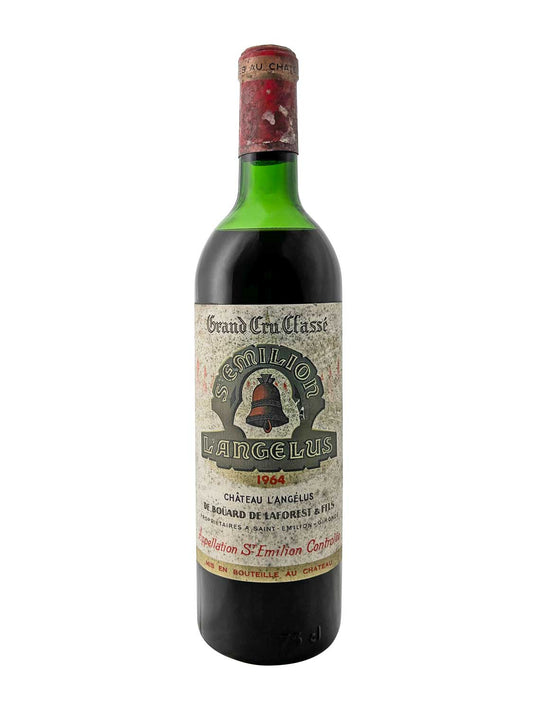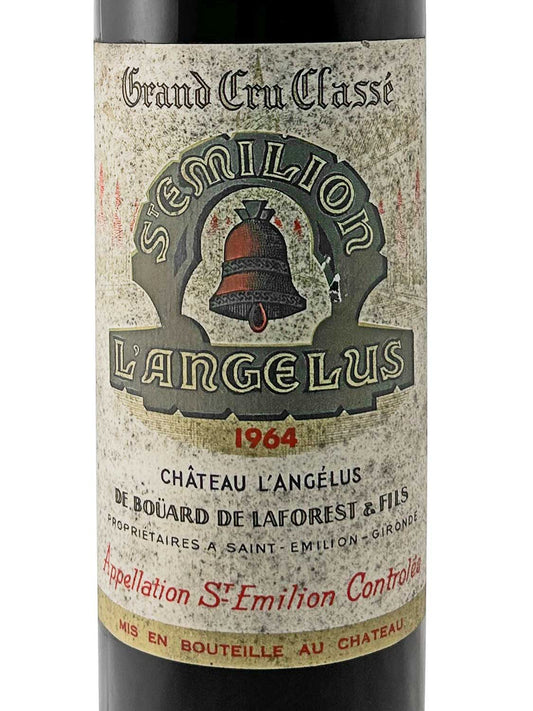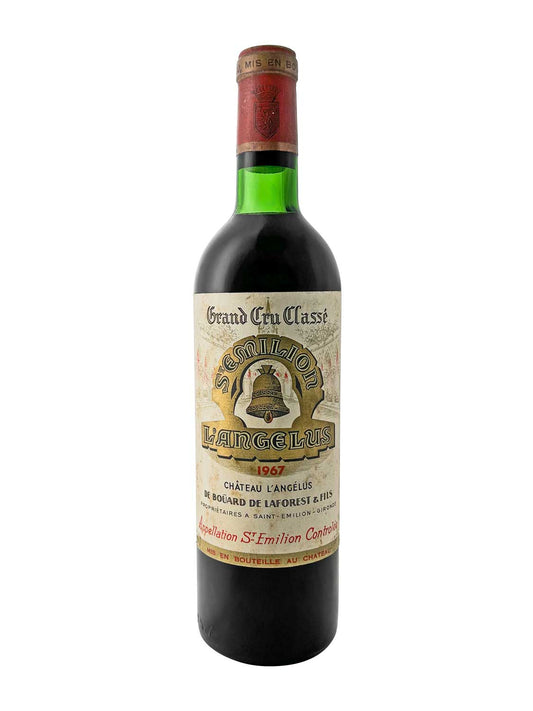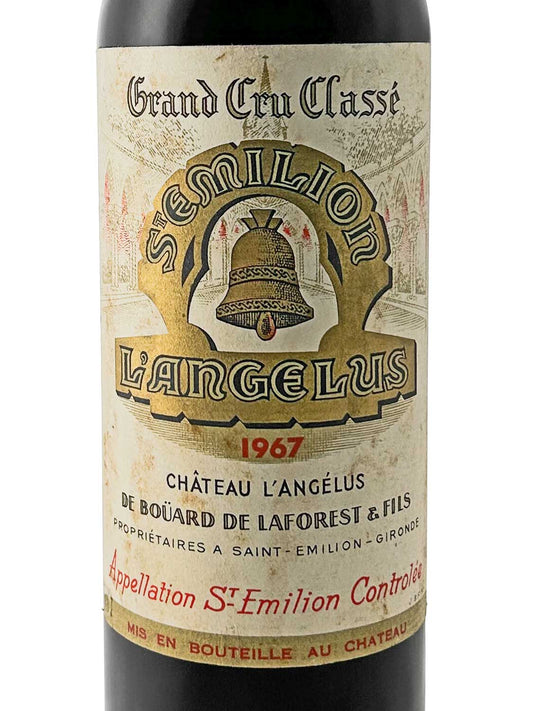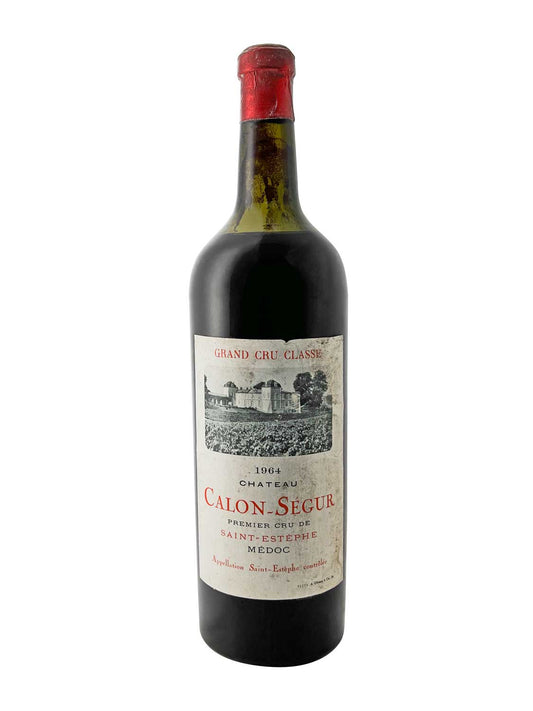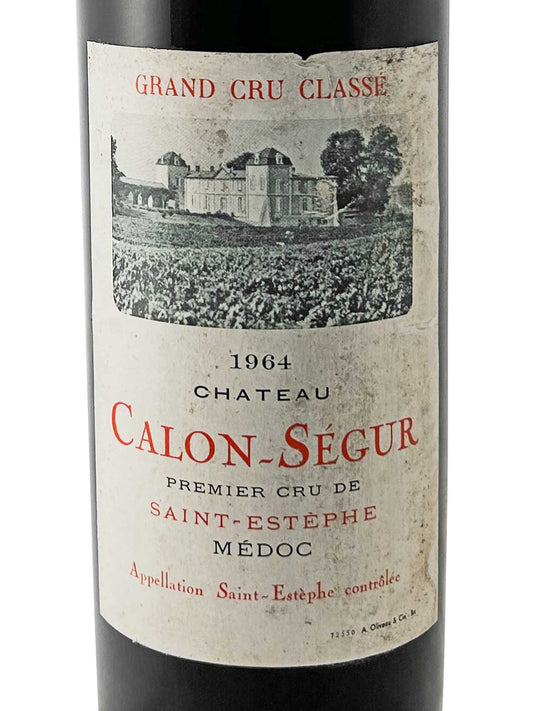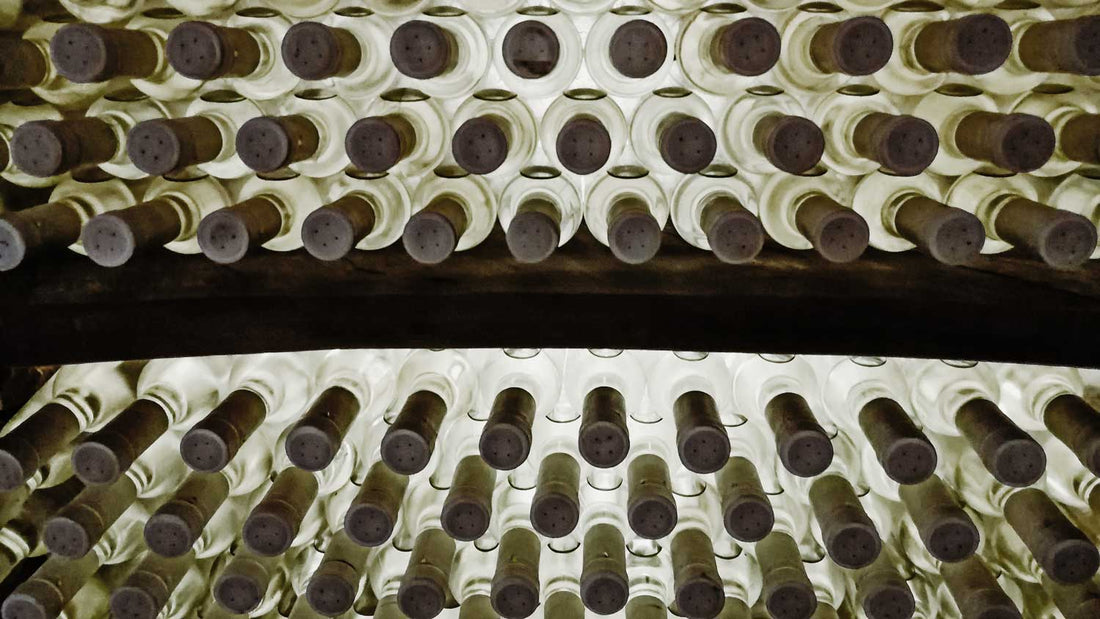
Guide: How long can you store white wine?
General storage times for white wine
White wine is not only a social drink, a bottle of white wine can also be useful for your own wine collection or as an investment.
Whether for a festive occasion, a cozy dinner or to expand your own wine collection, many wine collectors ask themselves the question: How long can you store white wine without it losing quality? In this blog post, we take a look at the various factors that influence the shelf life of white wine and give you tips on how to best store your wine.
1. The basics of wine storage
Before we look at how long white wine can be stored for, it is important to understand that not all wines are the same. The shelf life depends on several factors, including:
Grape variety: Some grape varieties are better suited to aging than others. For example, full-bodied Chardonnays or aromatic Rieslings often have greater aging potential than lighter varieties like Sauvignon Blanc.
Type of wine: There are differences between dry and sweet wines. Dessert wine from Sauternes and Barsac or ice wine can often be stored longer than dry varieties.
Vintage: The quality of the vintage plays a crucial role. A good vintage with optimal weather conditions often results in wines that can age better.
2. General storage times for white wine
In general, many white wines are best enjoyed young. Only a few, often premium white wines, offer potential for aging. Here are some guidelines for different types of white wines:
Young, fresh white wines (e.g. Sauvignon Blanc, Pinot Gris): These wines should generally be consumed within 1 to 3 years of bottling. They are characterized by their freshness and fruitiness and quickly lose quality if stored for too long.
Full-bodied white wines (eg Chardonnay): These wines can usually be stored for 3 to 5 years, especially if they have been aged in oak barrels. They develop more complex flavors and a creamier texture over time.
Aromatic white wines (eg Riesling): High-quality Rieslings can be stored for between 5 and 20 years, depending on their style and sweetness. Of course, there are also premium white wines that can last for several decades and are even used as an investment. Noble sweet varieties in particular have excellent aging potential.
Dessert wines (e.g. Sauternes): These wines can even be stored for several decades and develop fascinating aromas of honey, dried fruit and spices over time.
3. Proper storage

The way you store your white wine has a significant impact on its shelf life and quality. Here are some tips for optimal storage:
Temperature: Keep the wine at a constant temperature between 10 °C and 15 °C. Temperature fluctuations can damage the wine.
Humidity: A humidity of around 70% is ideal to prevent the cork from drying out.
Darkness: Store the wine in a dark place or in a bottle protected from light, as UV rays can damage the wine.
Storage position: Store the bottles horizontally so that the cork stays moist and does not dry out.
4. Signs of a mature or over-aged wine
It is important to know when a wine has reached its peak or if it may be over-aged:
Color: In many white wines, a deeper color can indicate advanced maturity. In some varieties, this can be a positive; however, in others, it can be a sign of over-aging.
Smell: A fresh fruity scent is a good sign; unpleasant or musty smells indicate that the wine may have gone bad.
Taste: Taste the wine! If it tastes flat or oxidized (like apples or nuts), it could be over-aged.
Conclusion
So it's a myth that white wines can't be aged. In fact, some white wines can last for decades! The shelf life of white wine varies considerably depending on the grape variety, style and vintage. While many young white wines are best enjoyed fresh, there are also numerous exceptions that have impressive aging potential and even serve as an investment. To ensure that your wine retains its best quality, it is crucial to store it in optimal conditions.
Whether you are an experienced wine collector or a newbie, understanding your wine's storage potential will enrich your experience and help you build an optimal wine collection.

